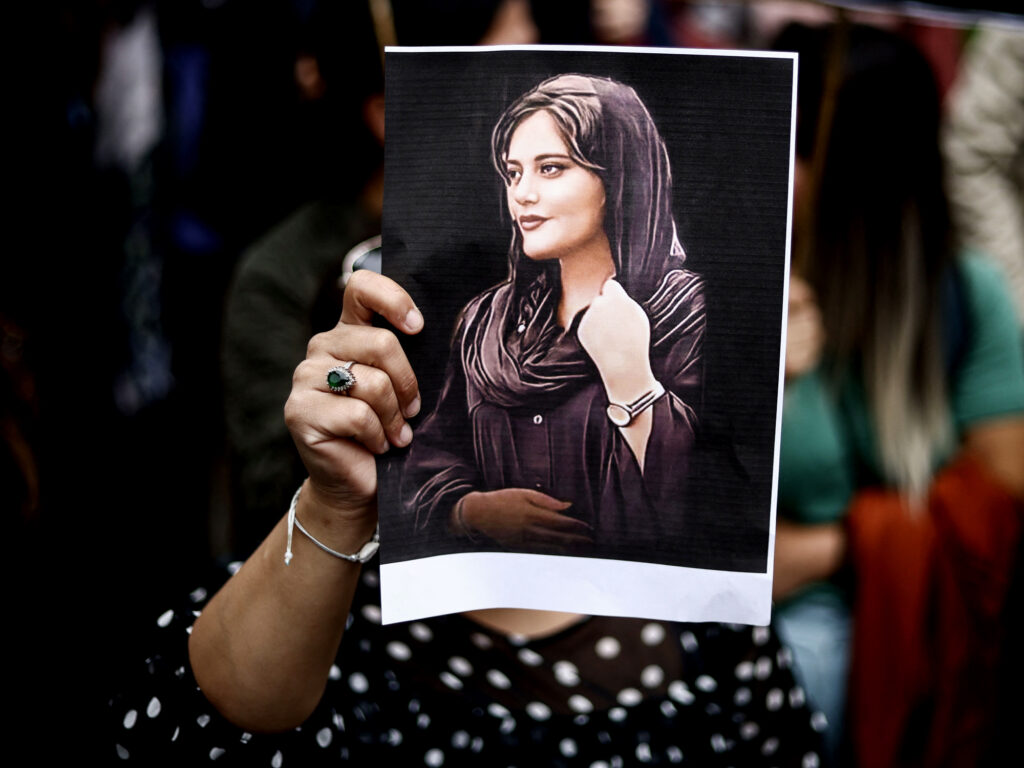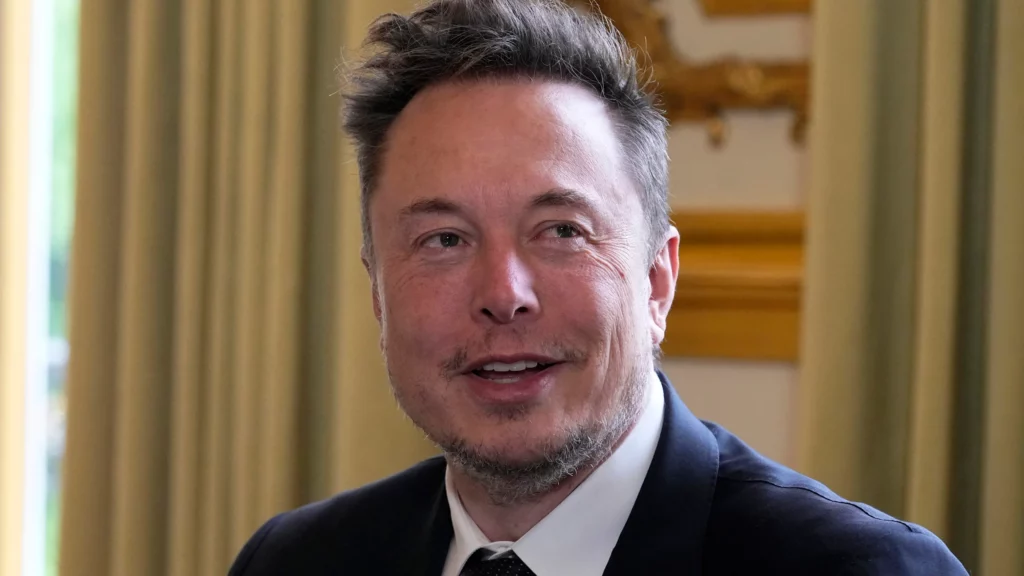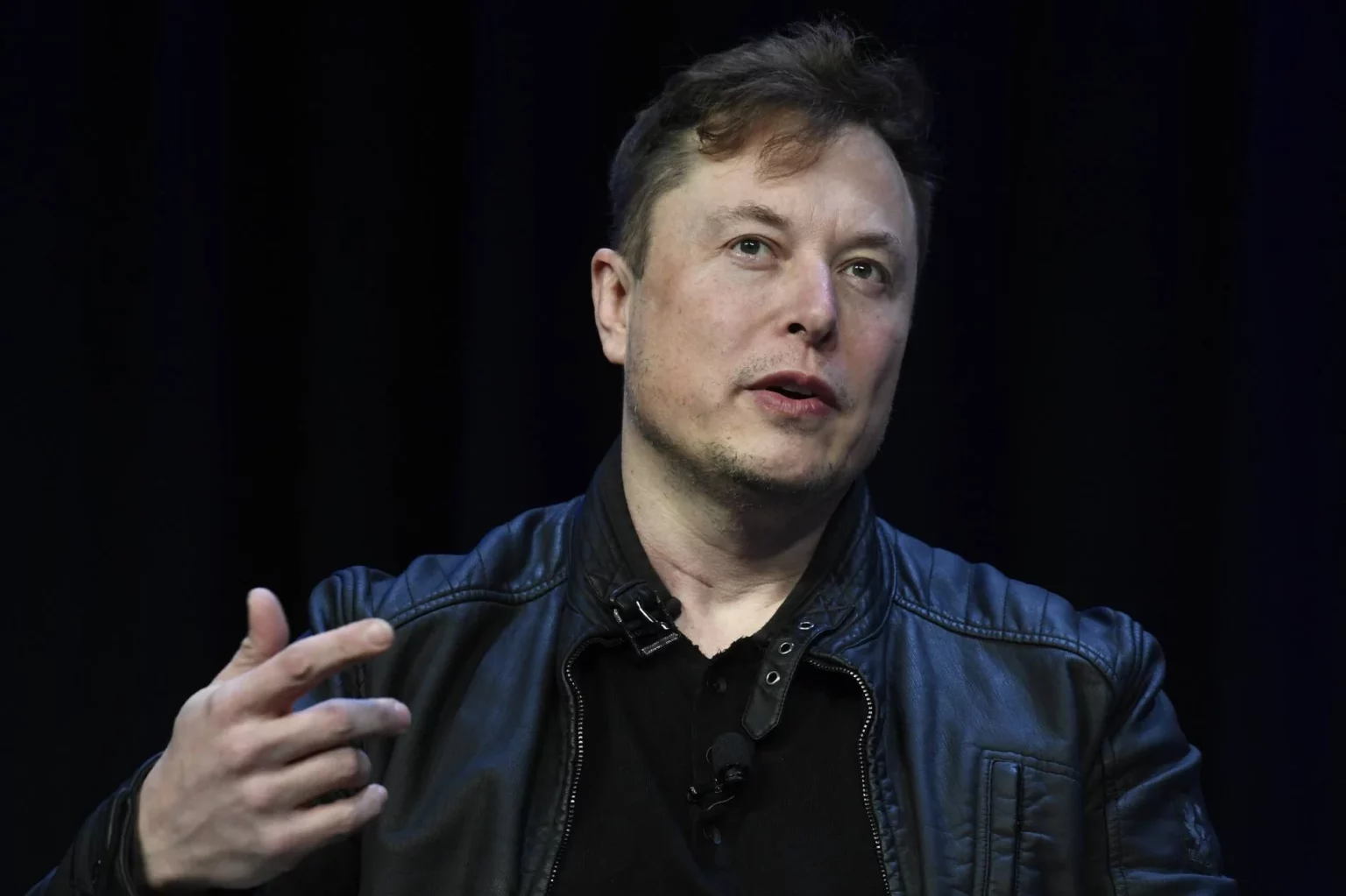The European Parliament has unveiled its nominations for the prestigious Sakharov Prize, an honor recognizing exceptional contributions to the promotion of human rights. Among the nominees are Mahsa Amini, a young Iranian Kurdish woman who tragically lost her life while in custody, and tech mogul Elon Musk, whose nomination has sparked debates on freedom of speech and online platforms.
Mahsa Amini: A Symbol of Courage and Change
Mahsa Amini’s nomination for the Sakharov Prize is underpinned by the unanimous support of the European Parliament’s three largest political groups, making her a frontrunner for the award set to be bestowed in December. Her story is one of resilience and tragedy, having died at the tender age of 22 while in the custody of Iran’s religious police. Her alleged violation of Iran’s stringent dress code for women led to her detention, a fate that ultimately led to her untimely demise on September 16, 2022.

As the anniversary of her passing approached, Iranian authorities, fearing renewed street protests, detained her father and cautioned her family against publicly commemorating the event. Access to her gravesite was also restricted. However, despite these obstacles, Iranians across major cities, including Tehran, raised their voices in defiance, expressing anti-government sentiments.
Mahsa Amini has become a symbol of a broader movement in Iran advocating for “Women, Life, Freedom.” This movement represents one of the most significant challenges to the clerical-run government in the country. The EU lawmakers’ nominations for the Sakharov Prize underscore the pivotal role played by the “Women, Life, Freedom” movement in championing human rights and challenging oppressive regimes.
Elon Musk: Champion of Free Speech or Controversial Figure?
In a contrasting nomination, Elon Musk, the billionaire entrepreneur behind companies like Tesla and SpaceX, was put forward for the Sakharov Prize by the Identity and Democracy group in the European Parliament. This group includes members with nationalist and far-right affiliations. Musk, renowned for his pioneering work in the tech industry, has actively positioned himself as a champion of free speech. However, his stance on this issue has not been without controversy.

Critics have accused Musk of permitting increased instances of anti-Semitic rhetoric and hate speech on X, the platform formerly known as Twitter. Furthermore, his decision to allow the return of populist figures, including the controversial former US President Donald Trump, has drawn sharp criticism, particularly from those concerned about the influence of far-right ideologies on social media.
The nomination of Elon Musk for the Sakharov Prize serves as a reminder of the complex and evolving debates surrounding freedom of speech, online platforms, and their impact on global discourse. It also raises questions about the role of influential tech figures in shaping the boundaries of digital expression.
As the Sakharov Prize nominations reflect the global struggle for human rights and freedom of expression, they invite a broader conversation about the individuals and movements that are shaping the future of these fundamental principles. The forthcoming award ceremony in December will provide an opportunity to recognize and honor those who have made outstanding contributions to the cause of human rights on the international stage.




